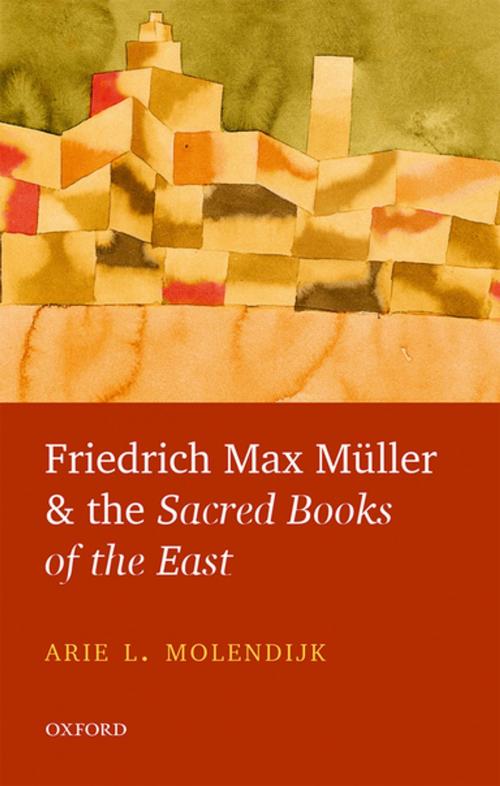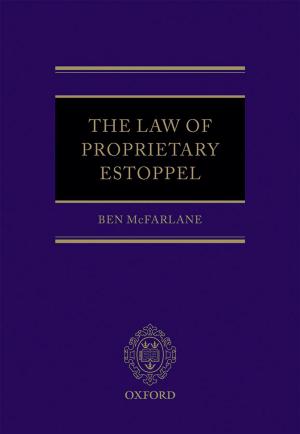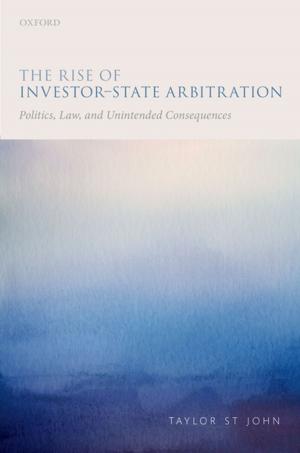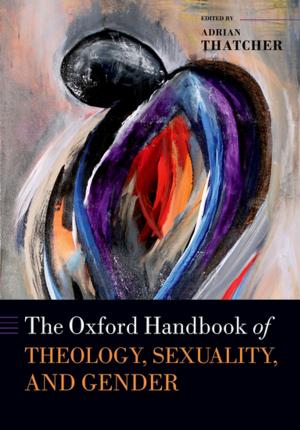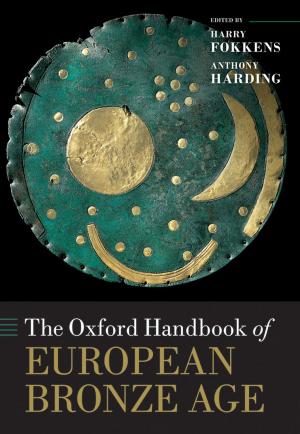Friedrich Max Müller and the Sacred Books of the East
Nonfiction, Religion & Spirituality, Theology, Philosophy| Author: | Arie L. Molendijk | ISBN: | 9780191087066 |
| Publisher: | OUP Oxford | Publication: | July 28, 2016 |
| Imprint: | OUP Oxford | Language: | English |
| Author: | Arie L. Molendijk |
| ISBN: | 9780191087066 |
| Publisher: | OUP Oxford |
| Publication: | July 28, 2016 |
| Imprint: | OUP Oxford |
| Language: | English |
This volume offers a critical analysis of one the most ambitious editorial projects of late Victorian Britain: the edition of the fifty substantial volumes of the Sacred Books of the East (1879-1910). The series was edited and conceptualized by Friedrich Max Müller (1823-1900), a world-famous German-born philologist, orientalist, and religious scholar. Müller and his influential Oxford colleagues secured financial support from the India Office of the British Empire and from Oxford University Press. Arie L. Molendijk documents how the series has become a landmark in the development of the humanities-especially the study of religion and language-in the second half of the nineteenth century. The edition also contributed significantly to the Western perception of the 'religious' or even 'mystic' East, which was textually represented in English translations. The series was a token of the rise of 'big science' and textualized the East, by selecting their 'sacred books' and bringing them under the power of western scholarship.
This volume offers a critical analysis of one the most ambitious editorial projects of late Victorian Britain: the edition of the fifty substantial volumes of the Sacred Books of the East (1879-1910). The series was edited and conceptualized by Friedrich Max Müller (1823-1900), a world-famous German-born philologist, orientalist, and religious scholar. Müller and his influential Oxford colleagues secured financial support from the India Office of the British Empire and from Oxford University Press. Arie L. Molendijk documents how the series has become a landmark in the development of the humanities-especially the study of religion and language-in the second half of the nineteenth century. The edition also contributed significantly to the Western perception of the 'religious' or even 'mystic' East, which was textually represented in English translations. The series was a token of the rise of 'big science' and textualized the East, by selecting their 'sacred books' and bringing them under the power of western scholarship.
